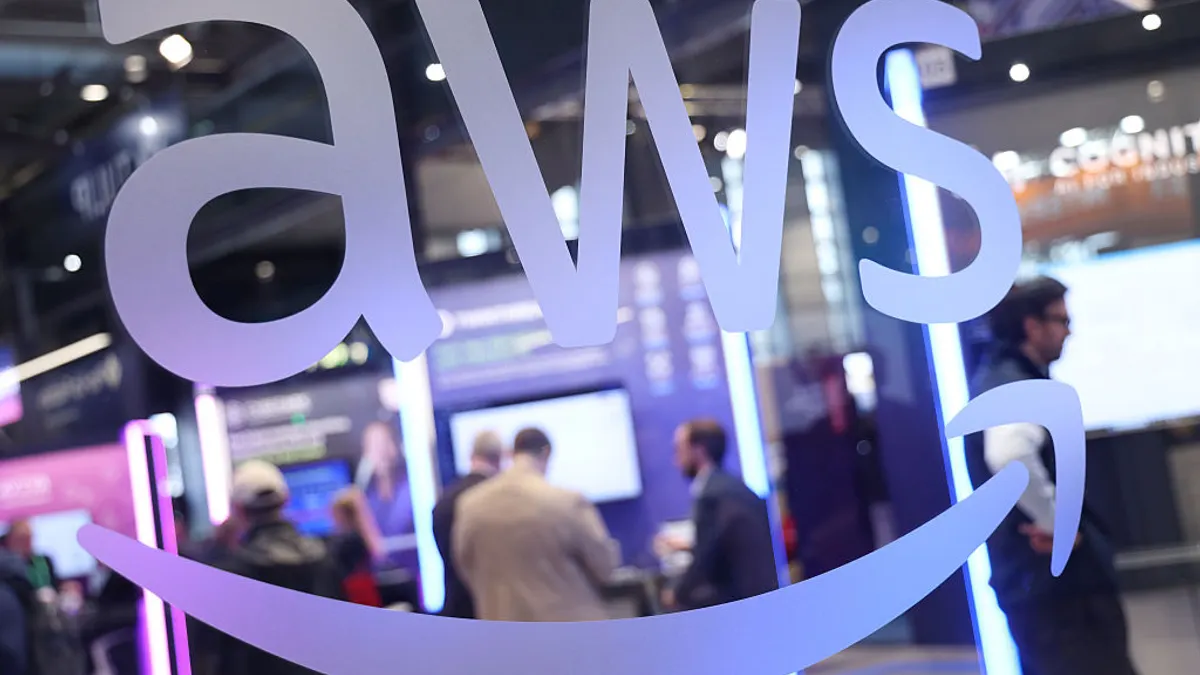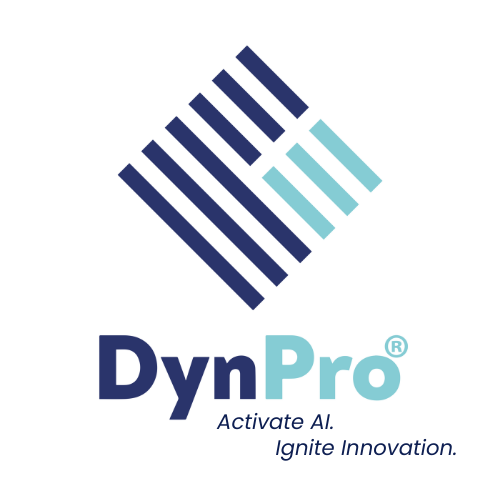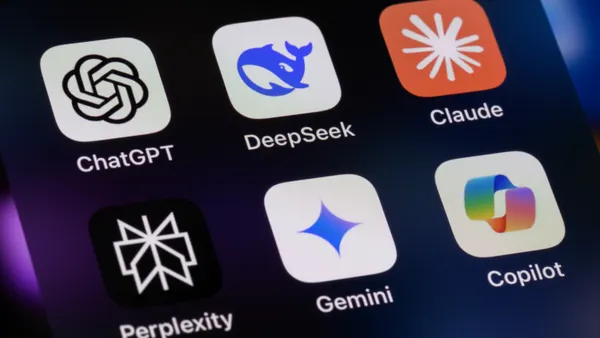Dive Brief:
- The cybersecurity landscape appears bleak at times, but rising stars and technologies are well positioned to fortify the digital space. Last year set a record for cybersecurity funding and first time investors and there are nine cybersecurity unicorns valued at $1 billion or more, according to CB Insights. Of the 29 startups poised to "transform cybersecurity," 62% are headquartered in the U.S.
- The talent pipeline also holds potential. Students from the University of Virginia beat nine finalist teams in cybersecurity simulations modeled after real-world business scenarios in the 2018 National Collegiate Cyber Defense Championship last weekend. The team, which was formed a few months ago and had never competed in a large-scale cybersecurity competition before, was captained by a woman, according to a statement provided to CIO Dive.
- But the bandwidth of IT teams can only go so far, and more companies are looking to augment cybersecurity with AI. For example, Symantec announced a machine-learning based software to automate detection and discovery of targeted attacks on Sunday. The cloud-based analytics technology, which was used to investigate the WannaCry and SWIFT attacks, analyzes system and network telemetry and allows for retraining to adapt to new attacks.
Dive Insight:
The growth of cybersecurity startups and funding bodes well for the enterprise. These companies can focus on niche security needs, such as identity technologies, fraud detection, human-factor security or artificial intelligence, and promote competition in a tumultuous space.
Cybersecurity teams are often understaffed, undertrained or underresourced (or a combination of all three), and artificial intelligence capabilities can help offset limitations of existing workforces. The technology can wade through all the noise and false positives and pinpoint the alerts and suspicious behavior that security teams need to see.
But the intersection of cybersecurity and AI is especially problematic for companies in need of talent. Both fields suffer from a greater dearth of talent than the general STEM workforce, and finding individuals proficient in both fields (let alone someone looking for or willing to move to a new job) is a tall order.
The AI talent pipeline is hurting from a lack of domestic talent, and immigration barriers and visa lotteries are making it difficult for many companies to bring in the foreign talent they need for a specific role. Long-term solutions may demand a reorganization of STEM education starting at a young age, but even if such a solution is put in place it can take generations until fully realized.
Until then, universities and colleges work to bring more college students into the fields of cybersecurity and AI. Nontraditional or newer entrants can still make a huge impact in the field by bringing in a diverse set of talents and expertise.













